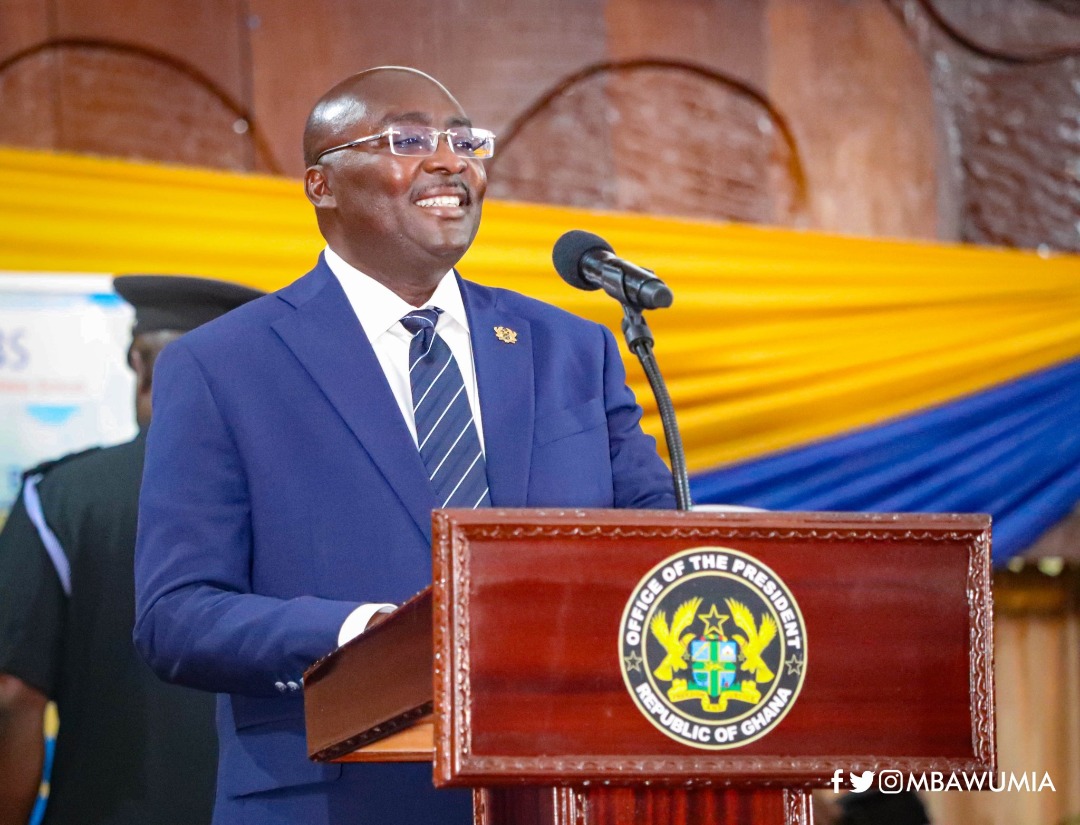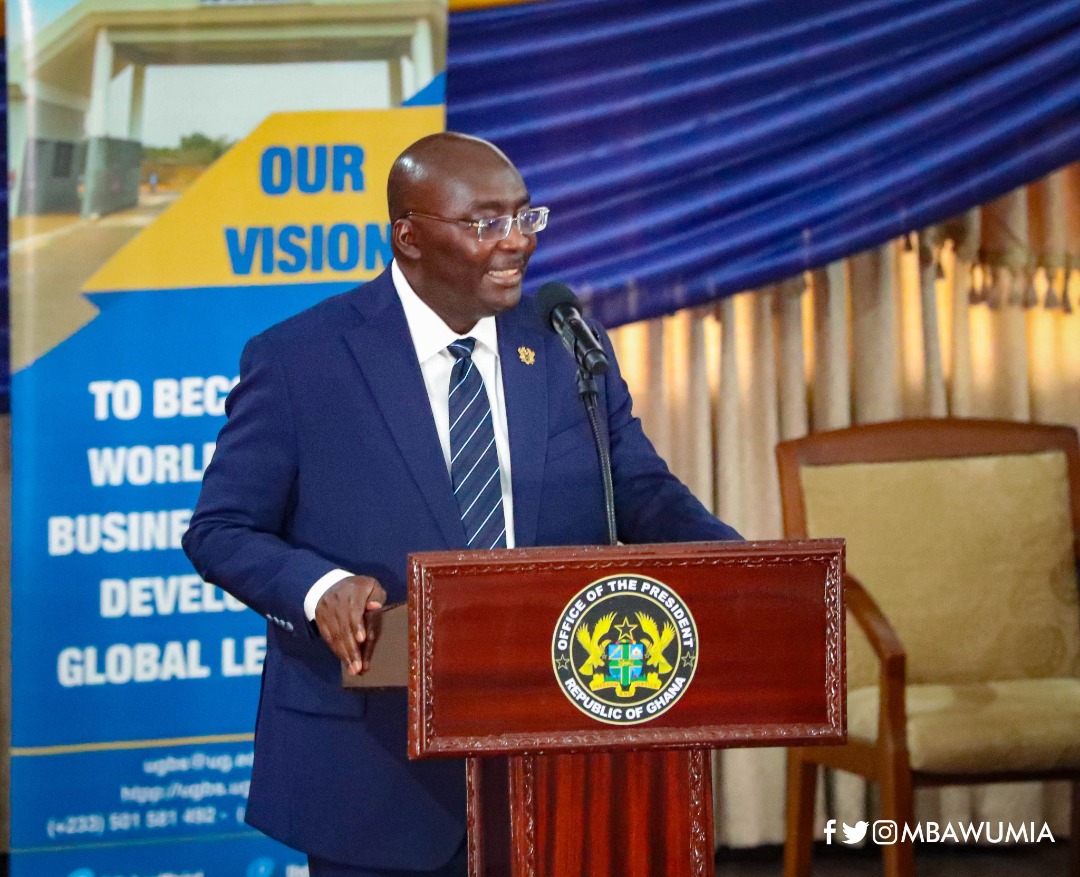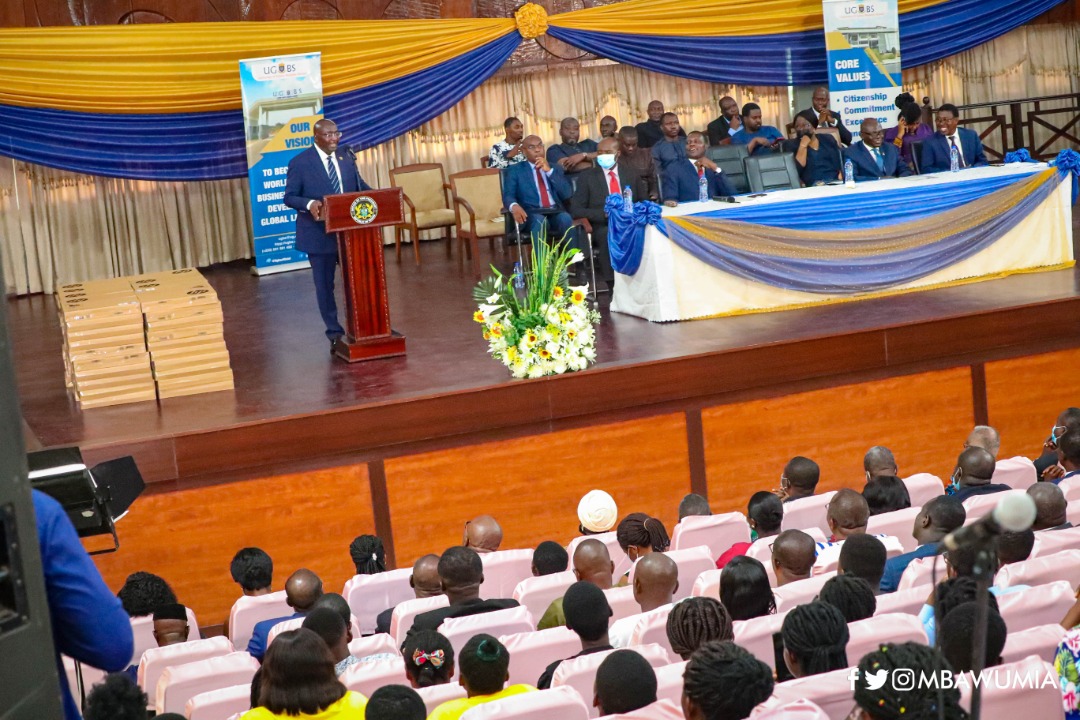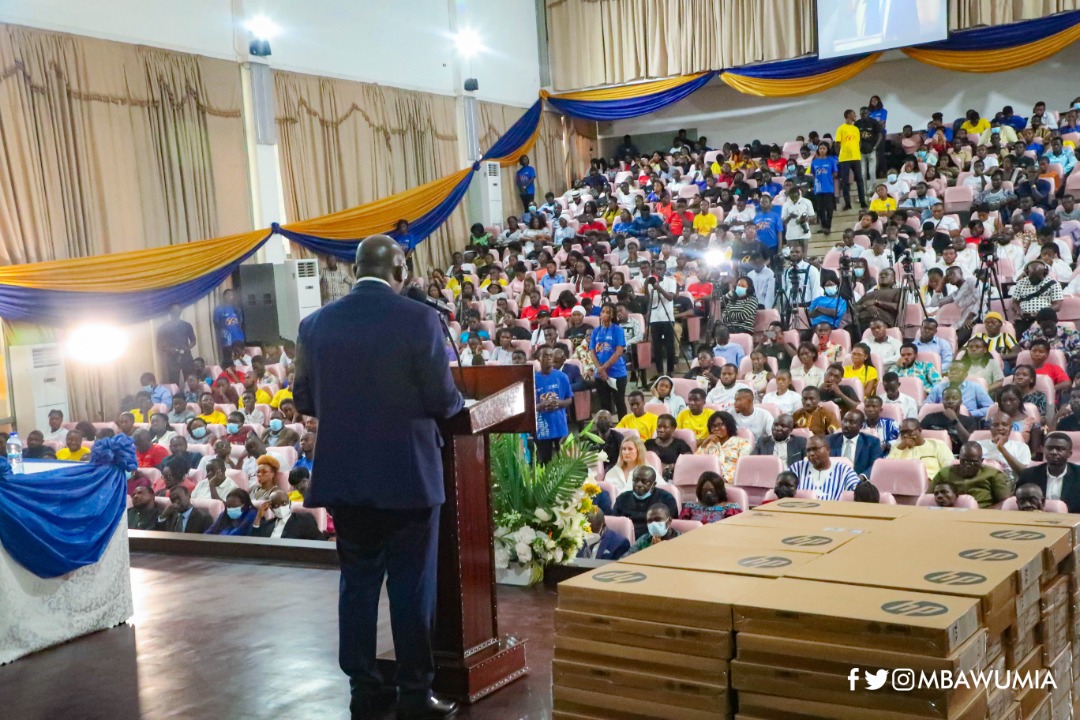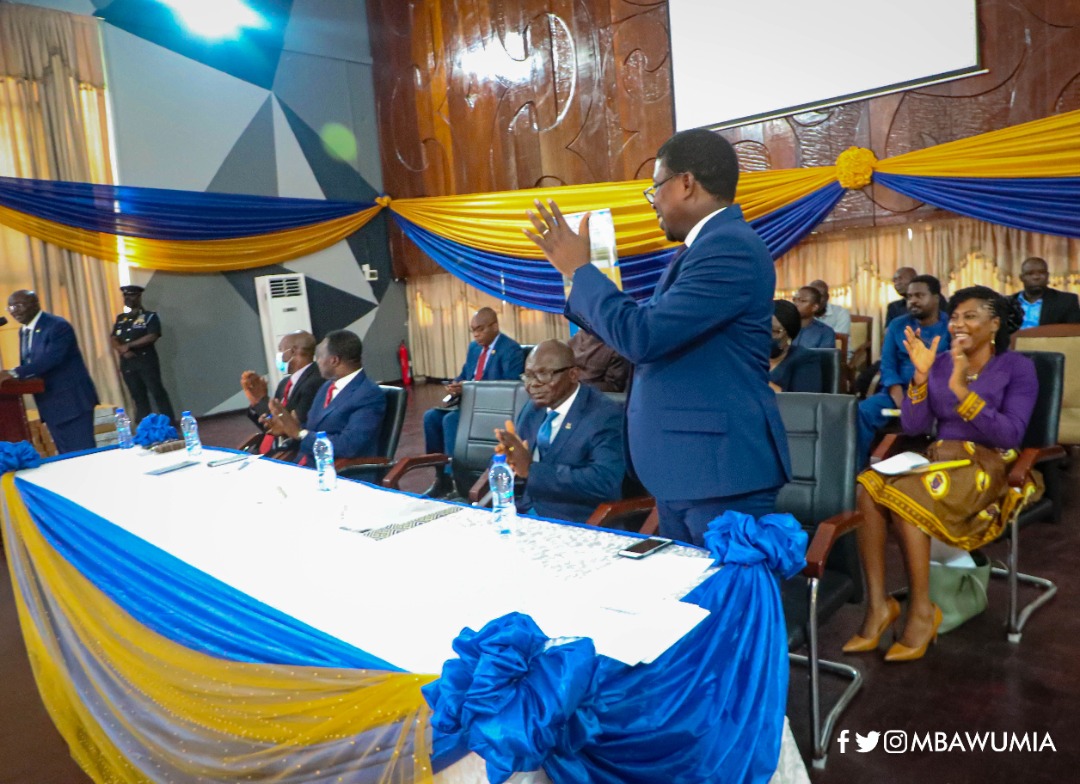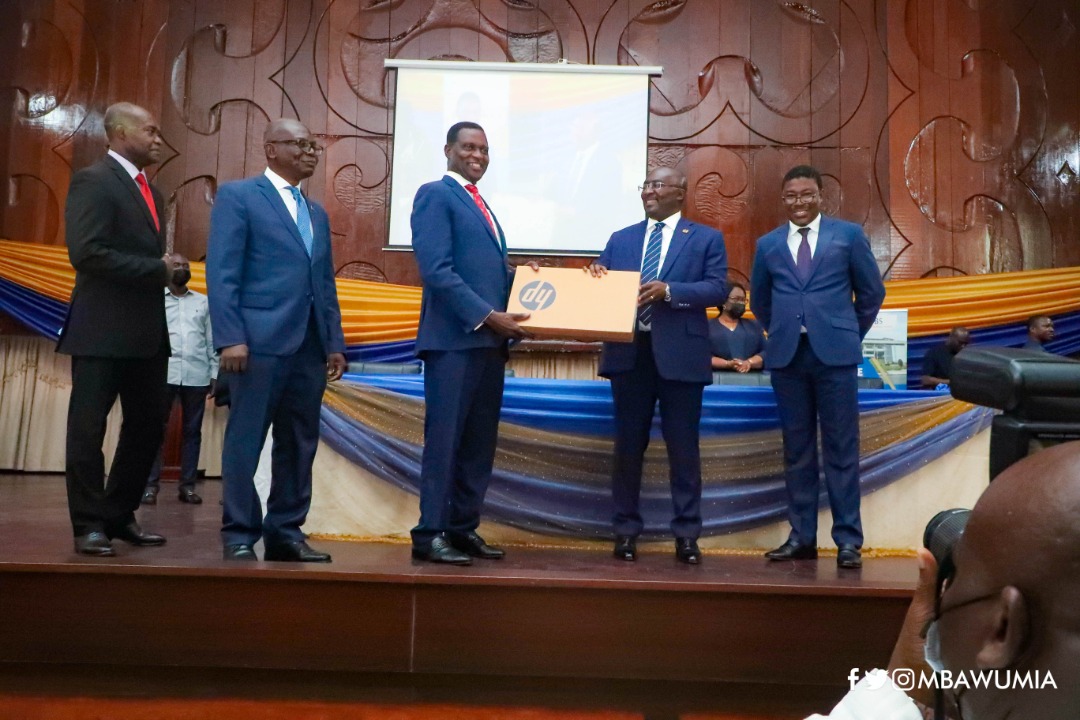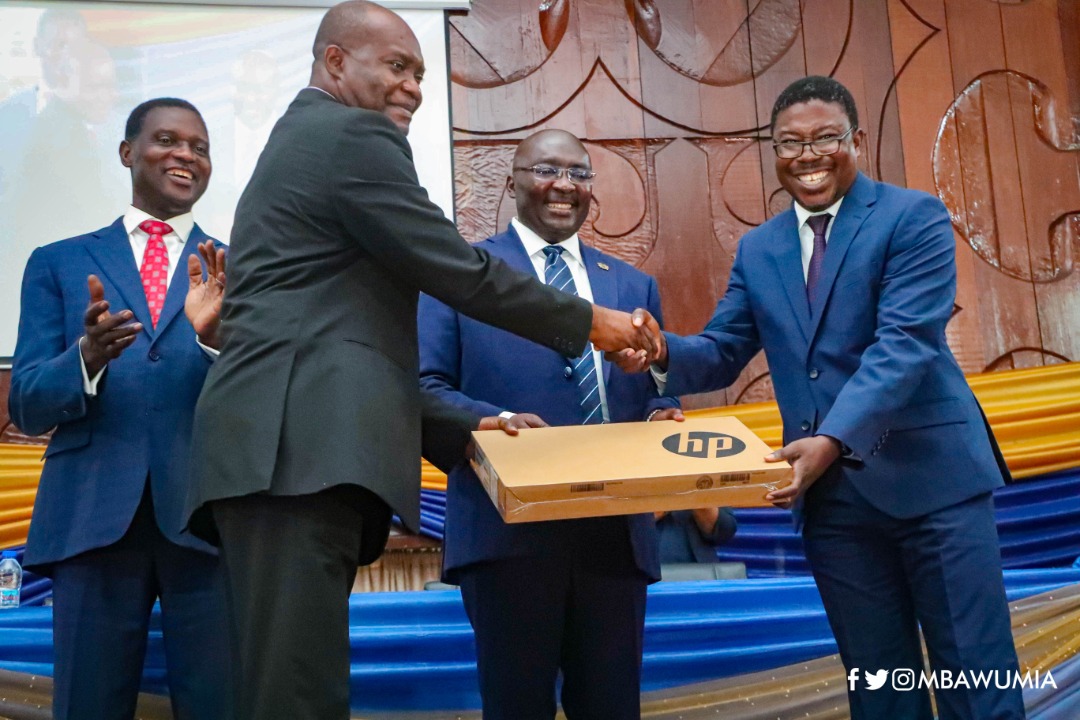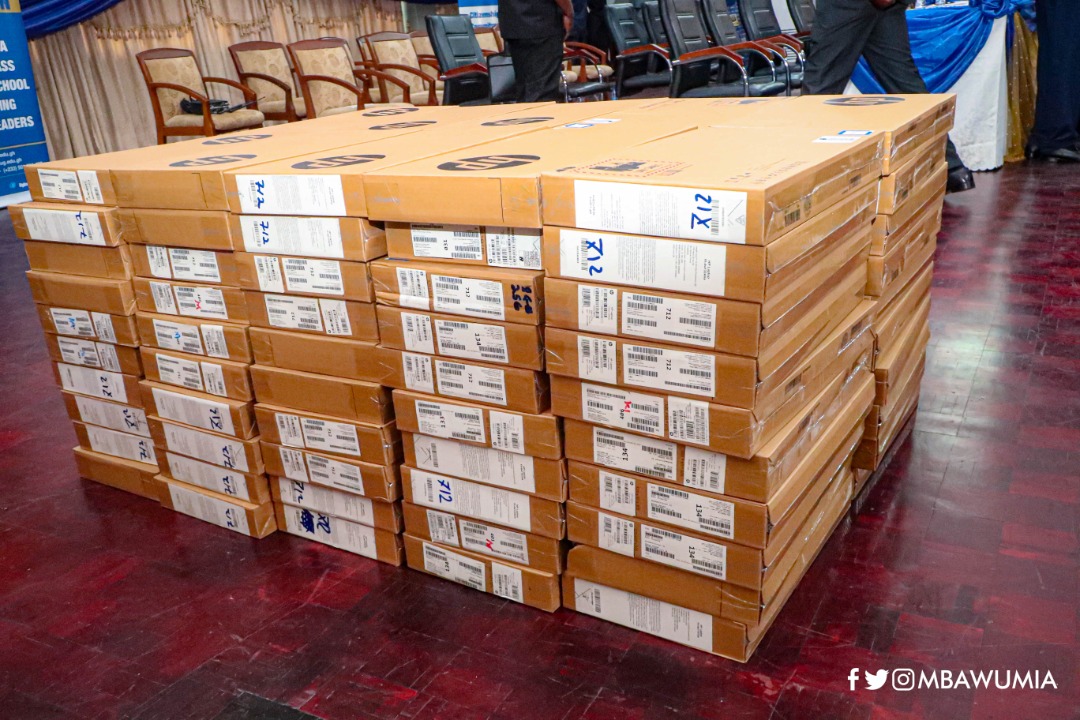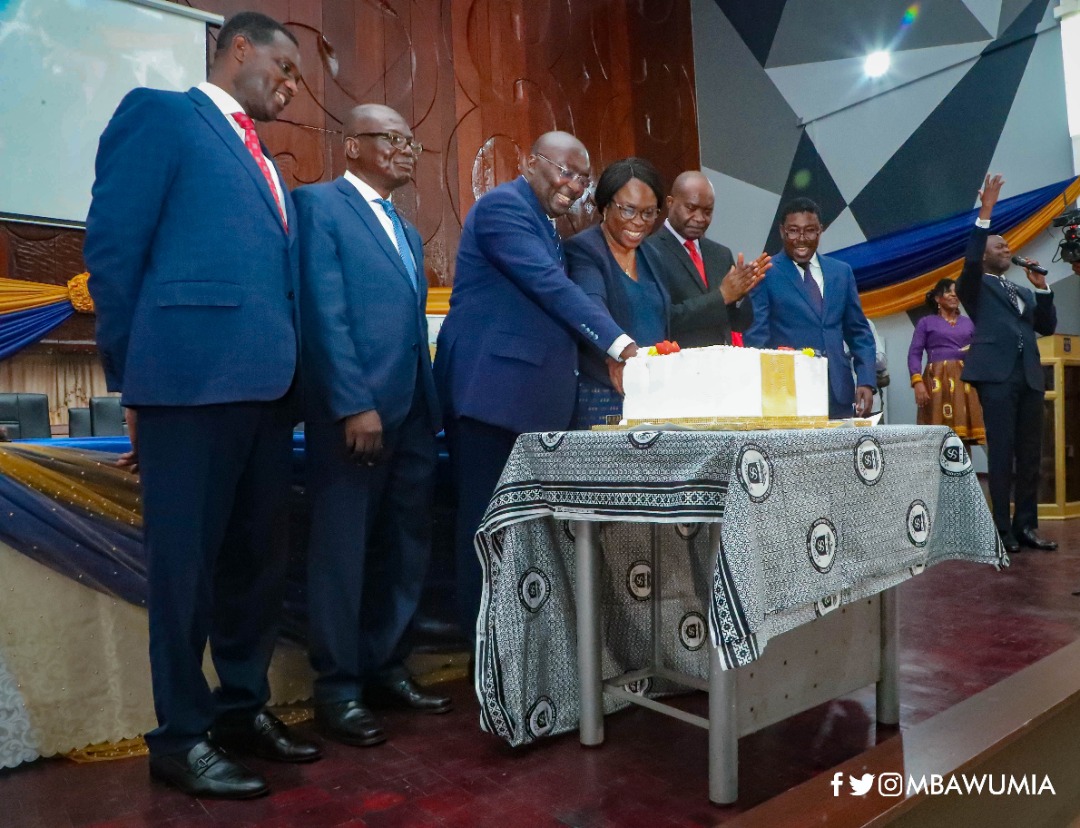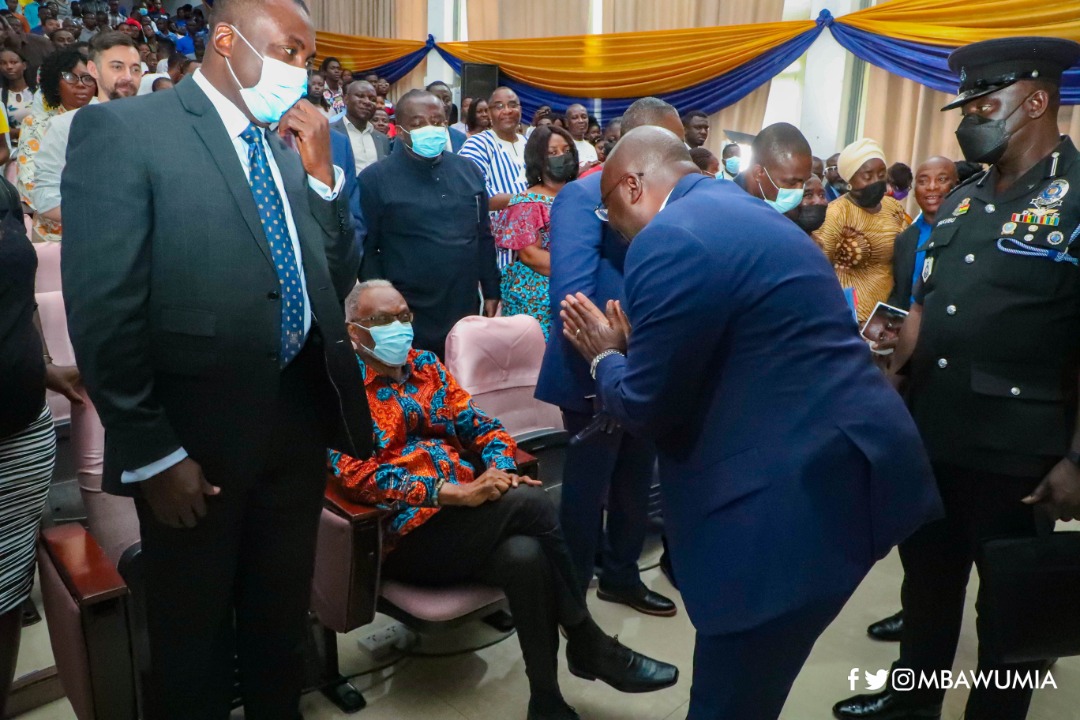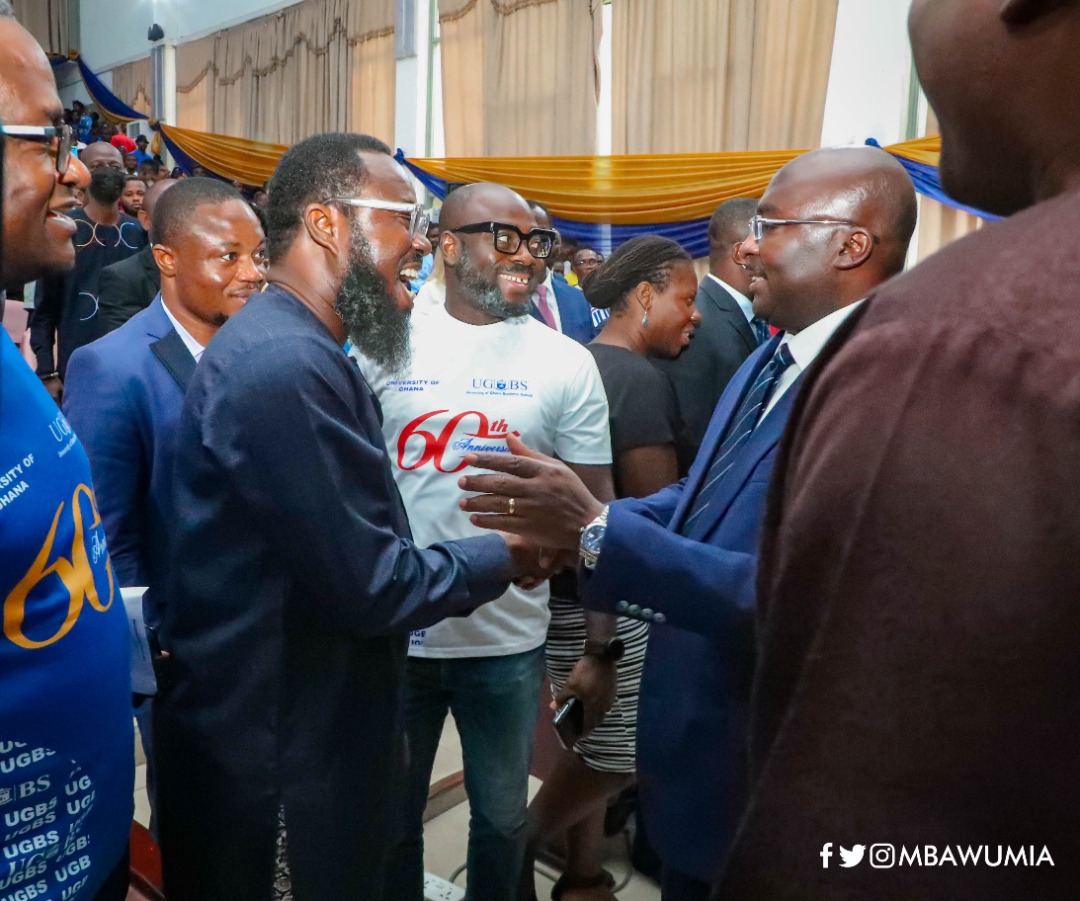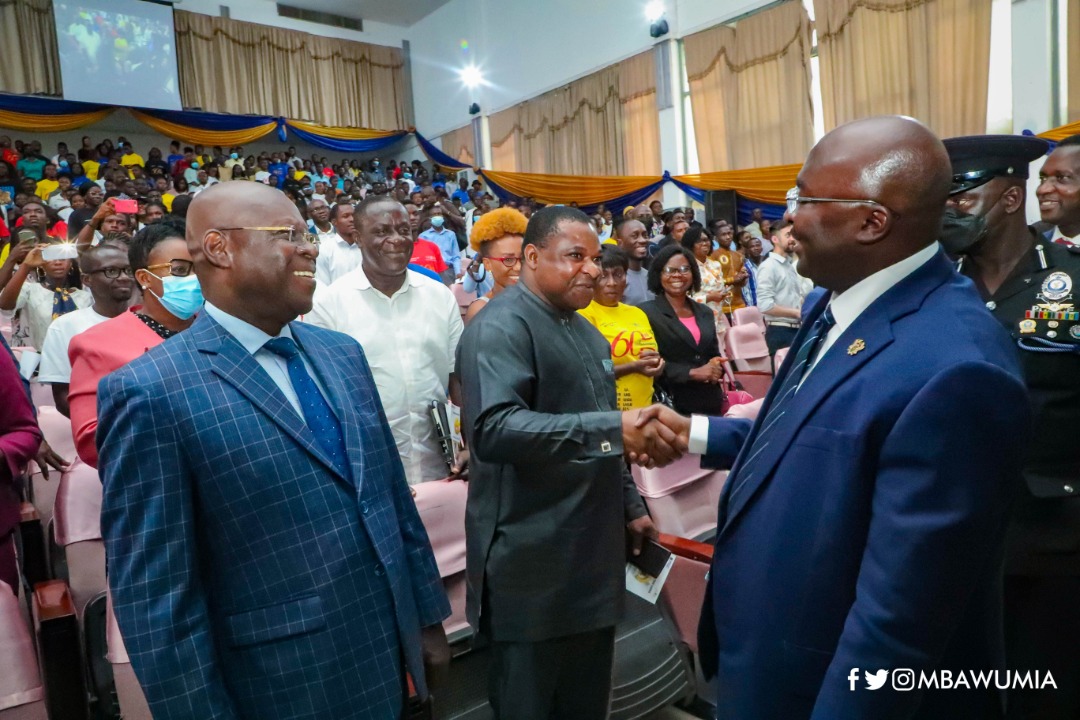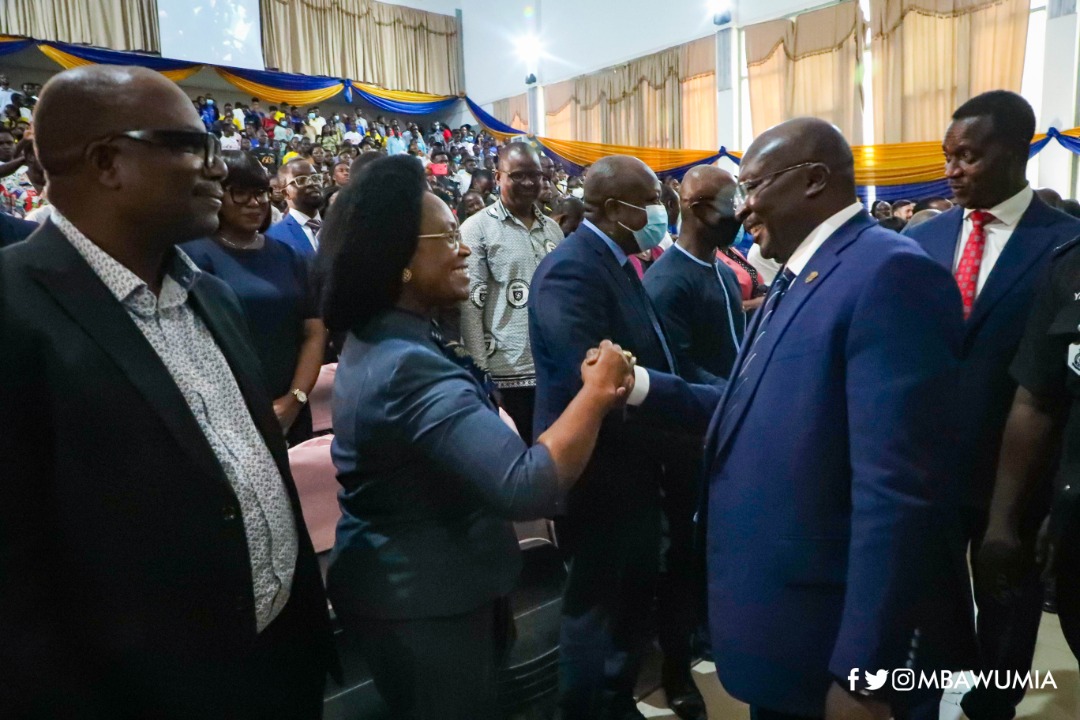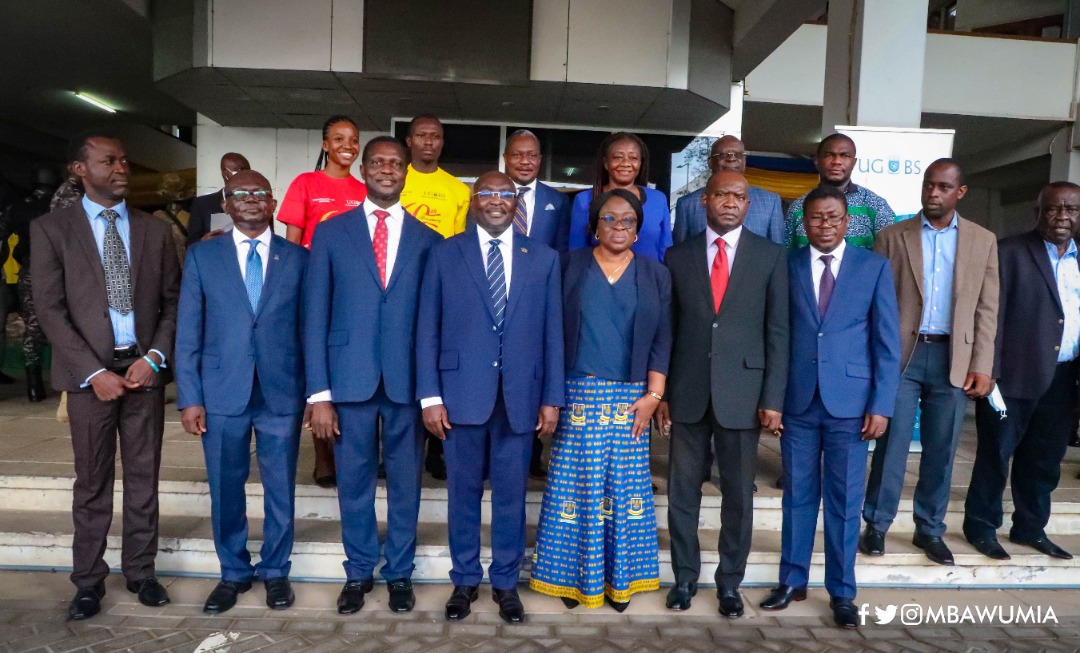PROTOCOLS
- The Vice-Chancellor’s representative
- The Honourable Minister for Education, Dr Yaw Osei Adutwum
- Pro-vice chancellors, provosts,
- The Dean of the University of Ghana Business School, Professor Justice Bawole
- Deans and Directors
- Faculty, Staff and Students of this University
- Specially invited guests
- Members of the Press
- Distinguished Ladies and Gentlemen
- It is a great pleasure to be here today, representing the President Nana Addo Dankwa Akufo-Addo at this glorious celebration. I am here as one of you, having taught at business schools at Baylor University, USA and the University of British Columbia, Canada.
- I share in your joy because sixty years of continuous operation that has produced prominent people in Ghana and the world of business is not a small feat. I think you should be proud of yourselves for being the trailblazers of business education in Ghana. We congratulate you on your sixty-year anniversary.
- I celebrate the first Council of the College which consisted of stalwarts such as Hon. Kojo Botsio as Chairman, Mr. R. S. Amegashie as Principal, Mr. T.B.G.S. Addo, Mr. H. A. Dodoo, Mr. A. F. Greenwood, Mr. J. S. Lipscomb, Mr. H. P. Nelson, Mr. Kweku Akwei, Mr. J. T. Alexander, and Mr. T. K. Impraim.
- Vice Chancellor, we all admit that despite the successes, the journey has not been an easy one. We know that managing education in a developing country is a herculean task due to resource inadequacy, coupled with the high expectations of stakeholders. The educational terrain is also fast becoming turbulent for which reason I believe there is the need for the premier business school in Ghana to show leadership in this endeavour of providing management education.
- I genuinely believe the University of Ghana Business School (UGBS) has the wherewithal to develop the necessary flair for setting the pace. I will therefore share a few ideas with you on the way forward, some of which I believe you may already be doing but can strengthen and consolidate..
- In his study of the African management education terrain, Prof Thomas Howard (2016) identifies both external and internal challenges that African Business Schools face, notable ones being:
- stalled or limited government investment in universities,
- limited private sector investment and endowments which can revolutionarize innovative projects,
- limited internal resources for growth and improvement,
- problems of lack of space and infrastructure,
- limited practical and relevant teaching,
- inability to re-engineer academic content to make graduates more “Africa-ready” managers,
- less emphasis on entrepreneurship education and
- the pressure of business schools as “cash cows” to fund the entire university.
- Prof Howard argues that “Given this context, it is clear that African businesses and management education communities should build a balanced, strong relationship both among themselves and with government and wider society that reflects the fulfilment of mutual expectations about the potential value and impact of management education”
- Following from the above, I would want to urge the UGBS to lead by fully embracing technology. Even though COVID-19 was devastating, it has provided us all the opportunity to leverage technology in order to build on our competitive advantage. You have the opportunity to expose your students to artificial intelligence and help them explore big data and internet of things to help position them as global citizens.
- With technology, the faculty should find different ways to actively engage students – experiential learning, game-based learning and problem-based learning – to help impart soft skills such as autonomy, creativity, leadership and effective collaboration.
- These are in no doubt linked to the 21st century skills of critical thinking and problem-solving, collaboration, agility and adaptability, initiative and entrepreneurialism, effective oral and written communication, accessing and analyzing information and curiosity and imagination. These must become integral in your curriculum revisions, going forward.
Again, as a premier business school charged with developing the current and future managers, I wish to charge you to adopt the six Principles for Responsible Management Education (PRME) as developed by the UN along with the Sustainable development goals. These are:
The development of the capabilities of students to be future generators of sustainable value for business and society at large and to work for an inclusive and sustainable global economy.
To incorporate into your academic activities, curricula, and organizational practices the values of global social responsibility
to create educational frameworks, materials, processes and environments that enable effective learning experiences for responsible leadership..
to engage in conceptual and empirical research that advances our understanding about the role, dynamics, and impact of corporations in the creation of sustainable social, environmental and economic value.
To interact with managers of business corporations to extend your knowledge of their challenges in meeting social and environmental responsibilities and to explore jointly effective approaches to meeting these challenges. And finally
To facilitate and support dialogue and debate among educators, students, business, government, consumers, media, civil society organizations and other interested groups and stakeholders on critical issues related to global social responsibility and sustainability.
There is also the issue of interdisciplinarity which must be looked at. I look forward to seeing Business Schools collaborating with other departments and schools in their colleges and beyond to run core competence programmes that will help you churn out change agents with critical and localized skills that would feed into the nation’s developmental agenda.
We have to run programmes that are practical and experiential enough to generate interest from industry and civil society organizations. I am aware of the tendency to over theorize while offering instructions to students, that is why I am calling for a fairly balanced synchrony between theory and practice. Because I know that the theoretical framework of any area of specialty is also very important.
In the area of research, I encourage you to adopt the triple helix model – that is a set of interactions between academia, industry and government, to foster economic and social development. We encourage you to provide solutions to businesses and government on issues of innovation in business and policy for mutual benefits.
Educational institutions are strategically placed to champion the development aspirations of the nation. It is therefore time for the nation to be propelled to high levels through cutting edge research that seeks to solve problems as well as bring the necessary innovations.
Whichever way I look at it, education is pivotal. The government’s industrialization drive (one-district-one-factory) can be enhanced and in fact revitalized if educational institutions position themselves well and provide the research capacity to support the initiative.
What can we do to support a Business School that is on the right track? As a government, we expect some kind of engagements that would support various initiatives. We are aware that you have the know-how, but we expect continuous engagement with some kind of research agenda that falls in line with our development plan. Our doors are open for proposals that have the ability to turn things around or make relevant inroads to be presented for consideration.
This occasion of 60 years anniversary should be a time of some kind of renaissance. We should also do some introspection and see how the future can be made more meaningful for all of us. The theme chosen is therefore very appropriate. Our mission now should be to move at a faster pace in order to be ahead. The clarion call now should be re-awakening, re-assessment and revitalization of our focus.
Your illustrious and celebrated alumni around the world must be proud of your achievement and I call on all of them to support endowments and scholarships for needy students, as well as other developmental projects the school is embarking on to create a more conducive environment for your current and future students.
I thank you for your kind attention and congratulation to the Business School on your 60th anniversary celebrations. If time permits, I will participate in some of your year-long activities which have been lined up.
I now have the singular honour to declare the 60th anniversary celebration duly launched. Congratulations and Long Live the UGBS.
Thank you.
